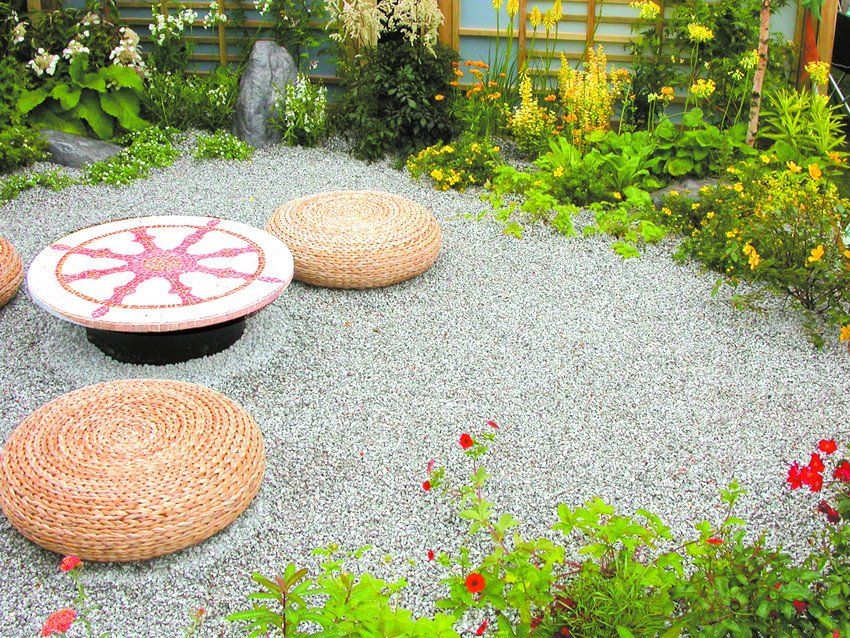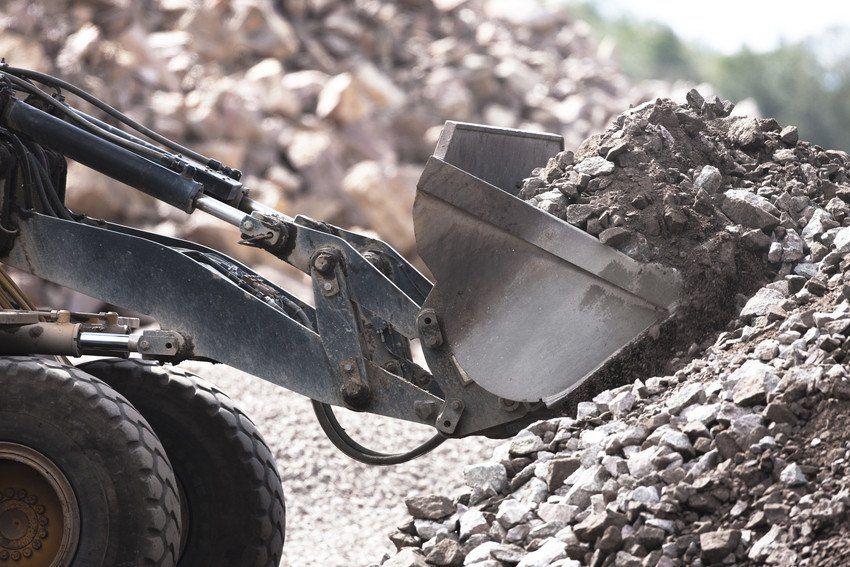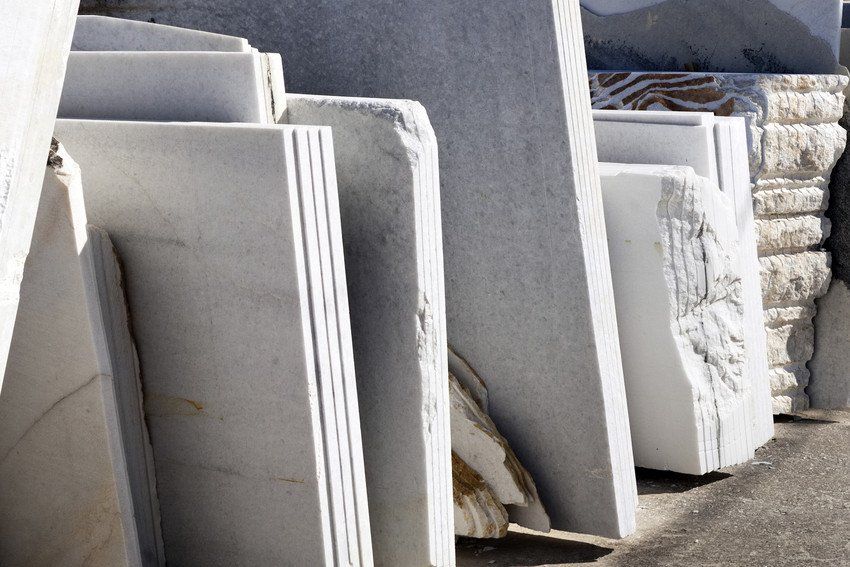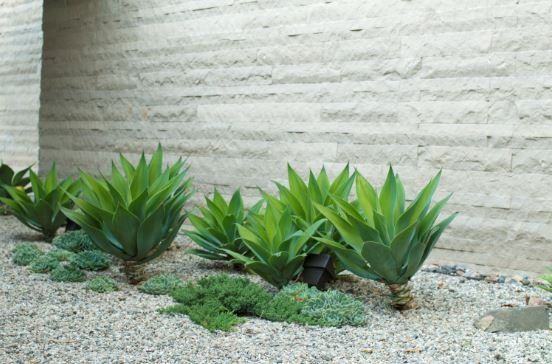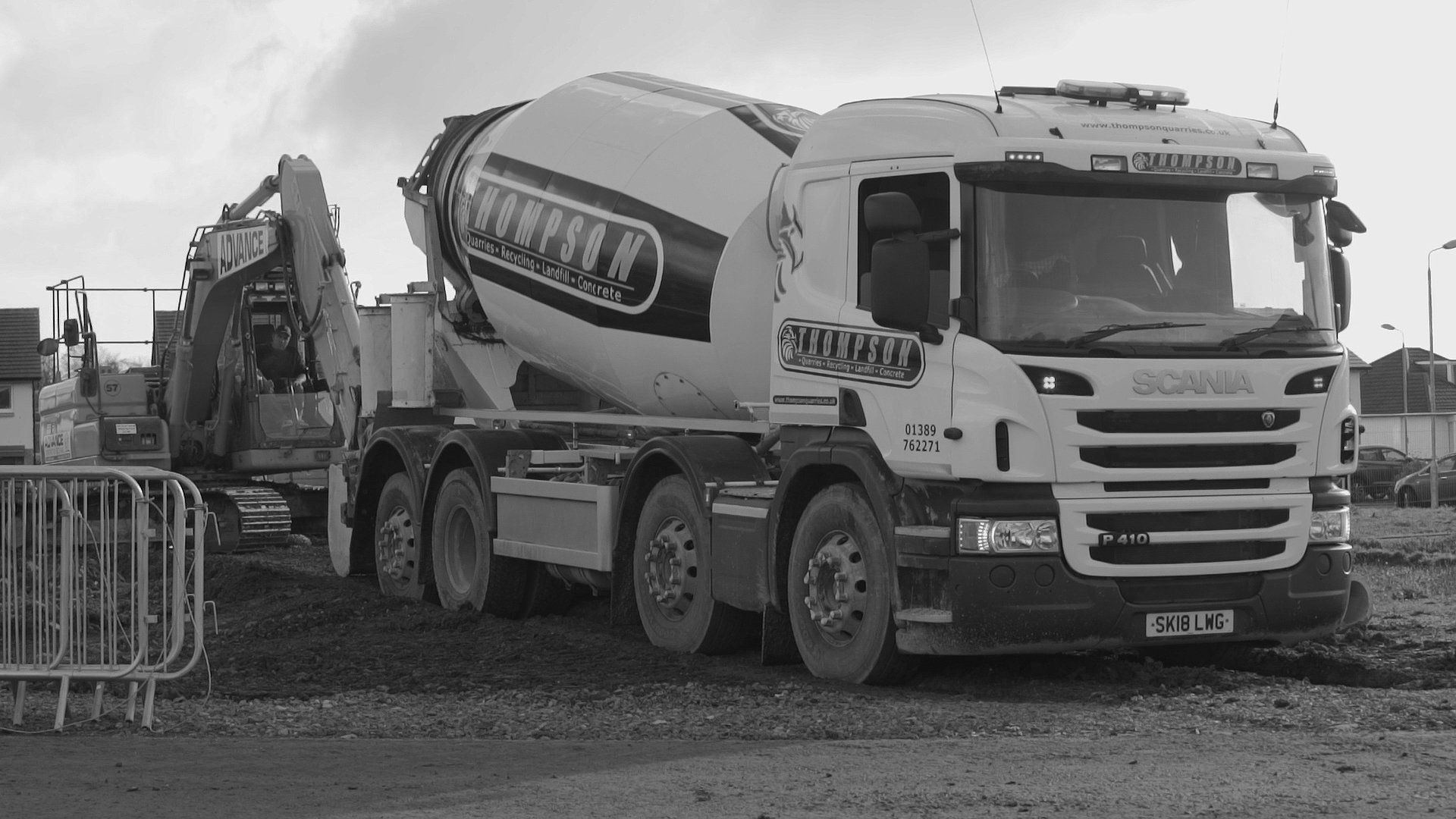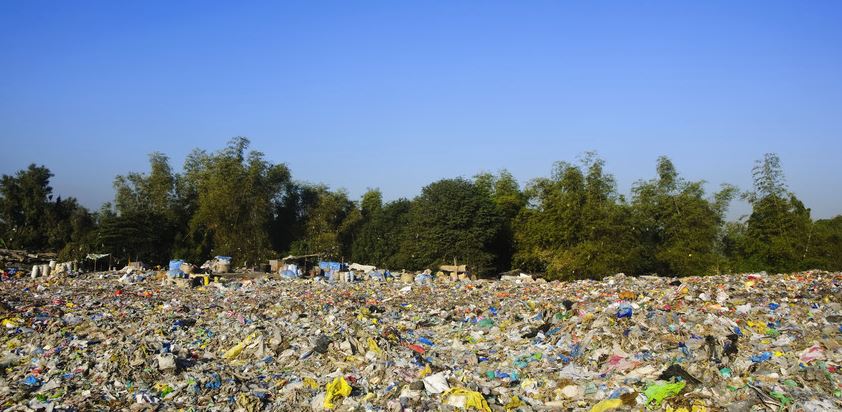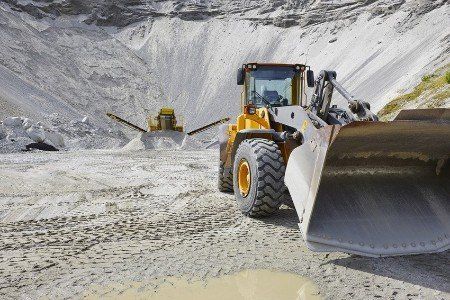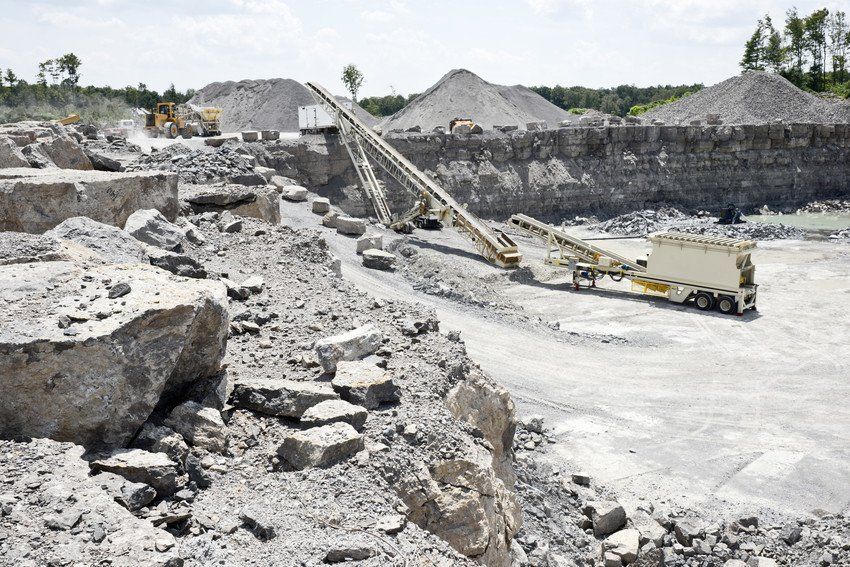Five Eco-Friendly Building Materials
- By William Thompson & Son
- •
- 15 Oct, 2019
- •
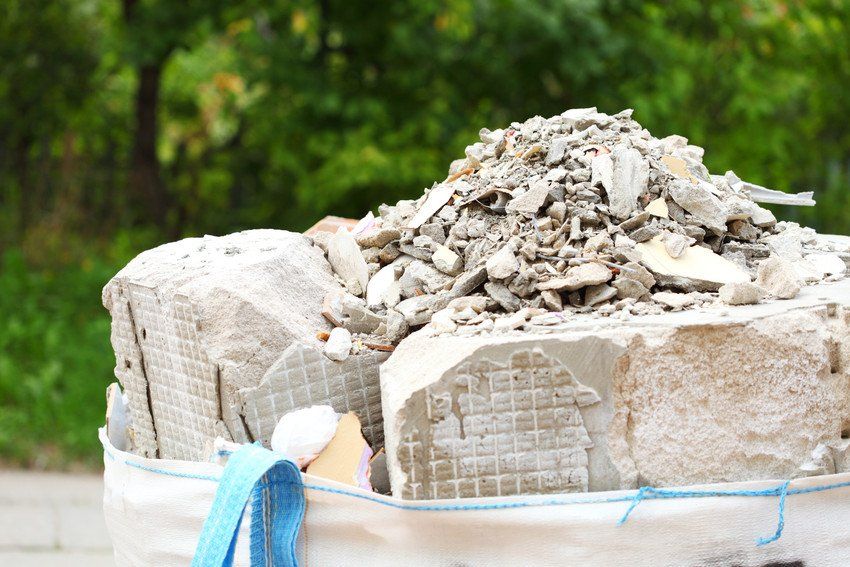
In recent years, as society has become more aware of the pressures facing the environment, companies across all sectors and industries have started to take a more active effort to act responsibly. From offices going paperless to catering businesses recycling food waste, there’s certainly been an increase in the number of businesses becoming more eco-friendly.
As one of the leading contributors to waste in the UK, the construction industry is also under pressure to use more sustainable practices. One of the simplest yet most effective ways to do so is to opt for environmentally-friendly building materials when beginning new construction projects. These include:
It’s no secret that the world is currently waging a war against plastic. However, it’s not necessarily plastic that’s the problem, but the fact it often isn’t recycled properly. Using recycled plastic throughout construction projects is a great way to minimise the volume that ends up in landfills or in the ocean, and make use of a durable, versatile and lightweight material. Recycled plastic can be used to create roofing tiles, windows, bricks and carpeting, and is, therefore, an extremely useful material across all building applications.
In recent years, more and more companies have experimented with mycelium, which is produced from the fibres of fungi found underground, in a bid to reduce their carbon footprint. Mycelium can be used to create bricks, composite boards and even packaging, and is celebrated for its strength, versatility and resistance to water and fire.
Bamboo is a highly sustainable plant as it grows in abundance and doesn’t require the use of fertilisers to thrive. It’s also extremely lightweight yet strong, making it an attractive material for use in construction. Bamboo has been used for construction purposes in parts of Asia and America for centuries, however, its long list of useful qualities means it’s become a popular tool across the world in recent years. In particular, bamboo is used to construct floors, walls and roofing, and has also been used to build entire homes.
Rammed earth, like its name suggests, is produced from soil and aggregates which have been compacted and moulded into a dense material. Rammed earth can be used in a variety of construction projects due to its long list of beneficial qualities, including high levels of strength, durability and insulation. As it’s quick and easy to produce, and can be constructed from sustainable materials, rammed earth is a popular building material for companies hoping to minimise their environmental impact. It’s often used in the construction of walls and flooring.
Using recycled materials as much as possible is essential for companies hoping to adopt more sustainable practices. After all, using recycled materials - such as recycled aggregates - reduces the volume of virgin materials that must be obtained and processed, and also the volume of gravel, concrete and sand that ends up in landfill. Recycled aggregates are a particularly useful material for construction projects of all kinds, and can be used to build roads, railways, trenches and more.
If you’re in need of high-quality recycled aggregates or reclaimed stone for your upcoming construction project, look no further than W M Thompson & Son for a service you can rely on. We’re committed to supplying only the best and most environmentally-friendly building materials to our customers in Glasgow and beyond, in addition to offering landfill services, ready-mix concrete and more. For more information about our range of services, get in touch with W M Thompson & Son today.


